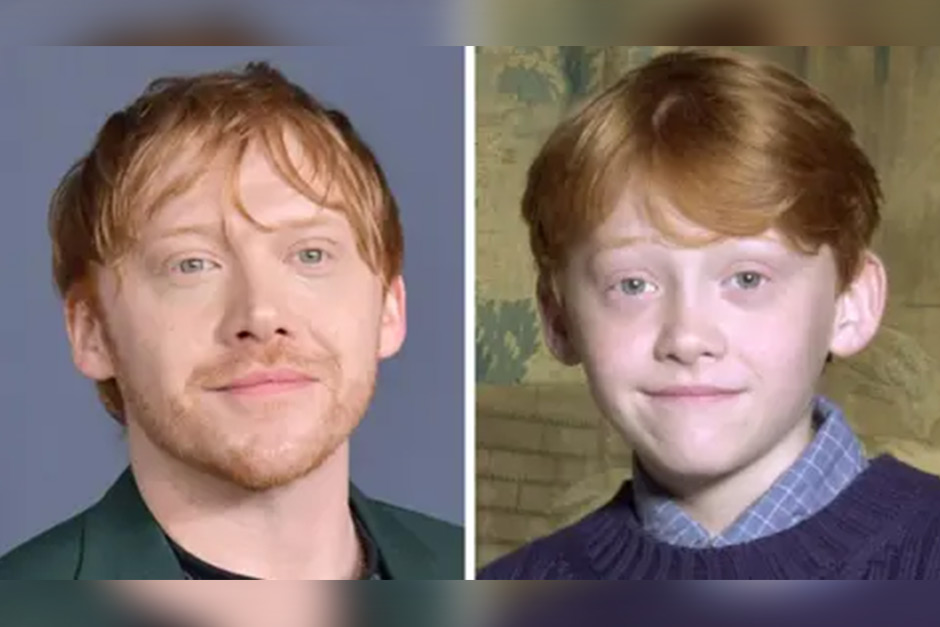For over a decade, Rupert Grint inhabited the ginger-haired, loyal best friend Ron Weasley, a role that etched itself into the hearts of millions worldwide. But what does it mean for an actor when a character becomes so intrinsically linked to their identity that it feels like an inseparable part of them, even years after the final curtain call? Grint himself has spoken candidly about this enduring bond, offering a poignant glimpse into the unique challenges and profound blessings of playing such an iconic role.
The Weight of an Icon
The Harry Potter phenomenon wasn’t just a film series; it was a cultural epoch. For child actors like Grint, it wasn’t merely a job; it was their formative years, spent growing up under the global spotlight. Imagine spending your adolescence intertwined with a character, sharing their triumphs, fears, and growth on screen, while simultaneously navigating your own real-life coming-of-age. The lines between Rupert Grint and Ron Weasley inevitably blurred. This isn’t just about the sheer scale of fame; it’s about the profound psychological impact of portraying a character so beloved, so often, and for so long, that the world struggles to see you as anyone else.
For many fans, Rupert Grint is Ron Weasley. This isn’t a criticism; it’s a testament to his authentic portrayal that resonated deeply. However, for an actor, it presents a unique challenge: how do you carve out an identity separate from the role that defined your youth and rocketed you to global recognition? The weight isn’t just the character’s legacy; it’s the expectation and affection of a global audience who remembers you as that specific person, a sentiment that Grint openly acknowledges.
Post-Potter Identity and the Evolving Path
Since the magical journey concluded, Grint has taken on a variety of roles, often deliberately seeking out projects that diverge sharply from the wizarding world. From independent films to acclaimed television series like M. Night Shyamalan’s ‘Servant,’ he’s consistently pushed creative boundaries, showcasing a versatile talent beyond the comedic sidekick. Yet, the specter of Ron Weasley lingers, not as a curse, but as an undeniable, affectionate shadow of his past. He’s expressed how even his own daughter now watches the films, further solidifying the character’s presence in his personal life in a deeply personal way. It’s a fascinating duality: the actor who creates a character, only for that character to become an indelible part of the actor’s own narrative.
This isn’t to say he regrets the role; rather, it’s an acknowledgment of its pervasive influence. As one film critic, Eleanor Vance, once observed, “For actors like Grint, the challenge isn’t just about escaping typecasting; it’s about navigating a public identity forged in their adolescence, and finding peace with the fact that for a significant portion of the world, that youthful image remains paramount.” This perspective underscores the unique tightrope walk many child stars face when a singular role defines their initial public perception.
Embracing the Legacy
Rupert Grint’s candidness about his bond with Ron Weasley offers a valuable perspective on the unique journey of a child star in an unprecedented global phenomenon. It’s a testament to the power of storytelling and the indelible mark characters can leave, not just on audiences, but on the very individuals who bring them to life. While some might initially perceive such a lifelong tether as a burden, Grint’s openness suggests a growing acceptance – a realization that Ron Weasley isn’t just a character he played, but a significant, cherished chapter of his own life story. This connection, while challenging at times, also speaks to an extraordinary legacy, a bond that few actors ever achieve, cementing his place in cinematic history and in the hearts of generations to come.




